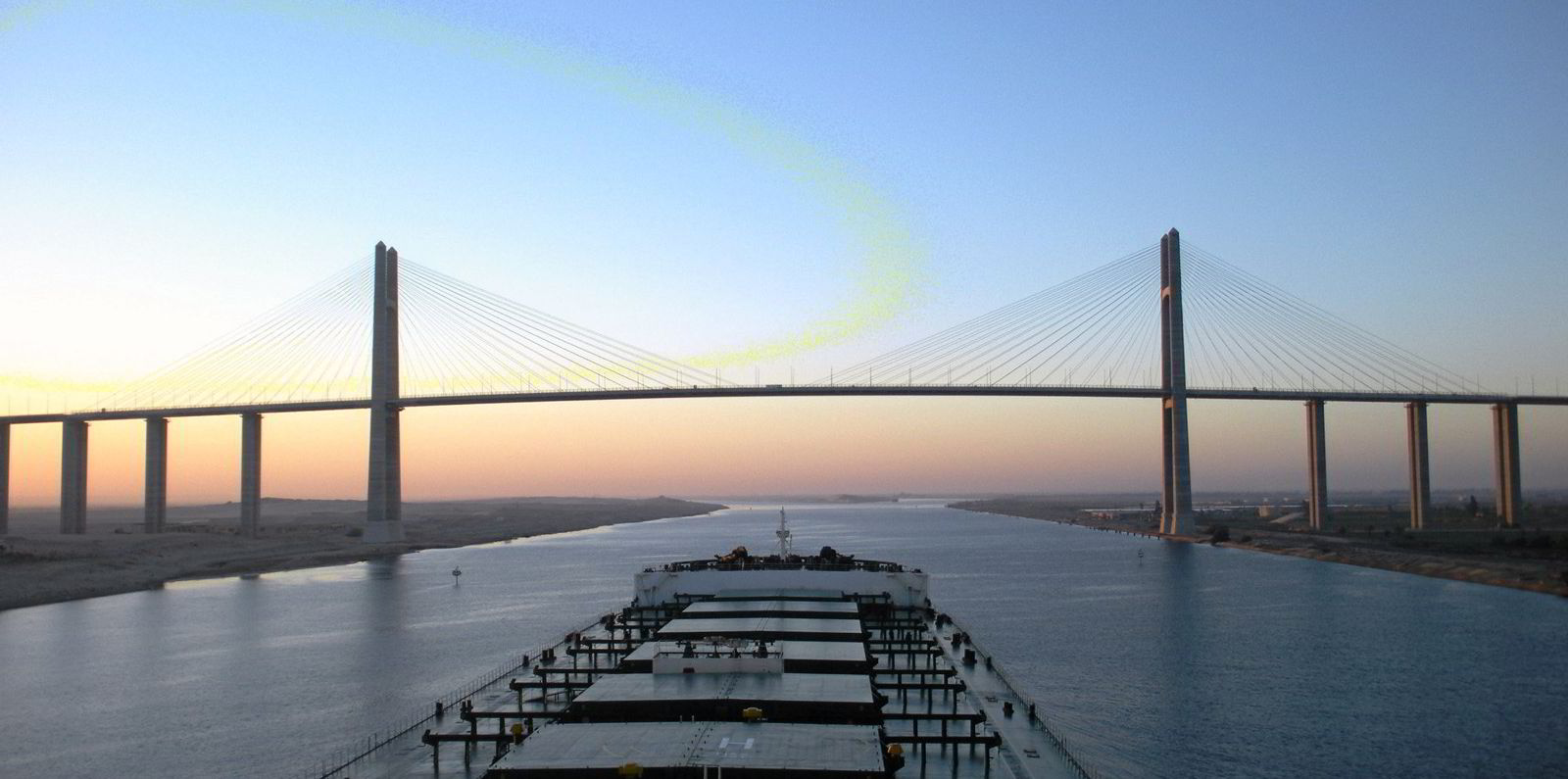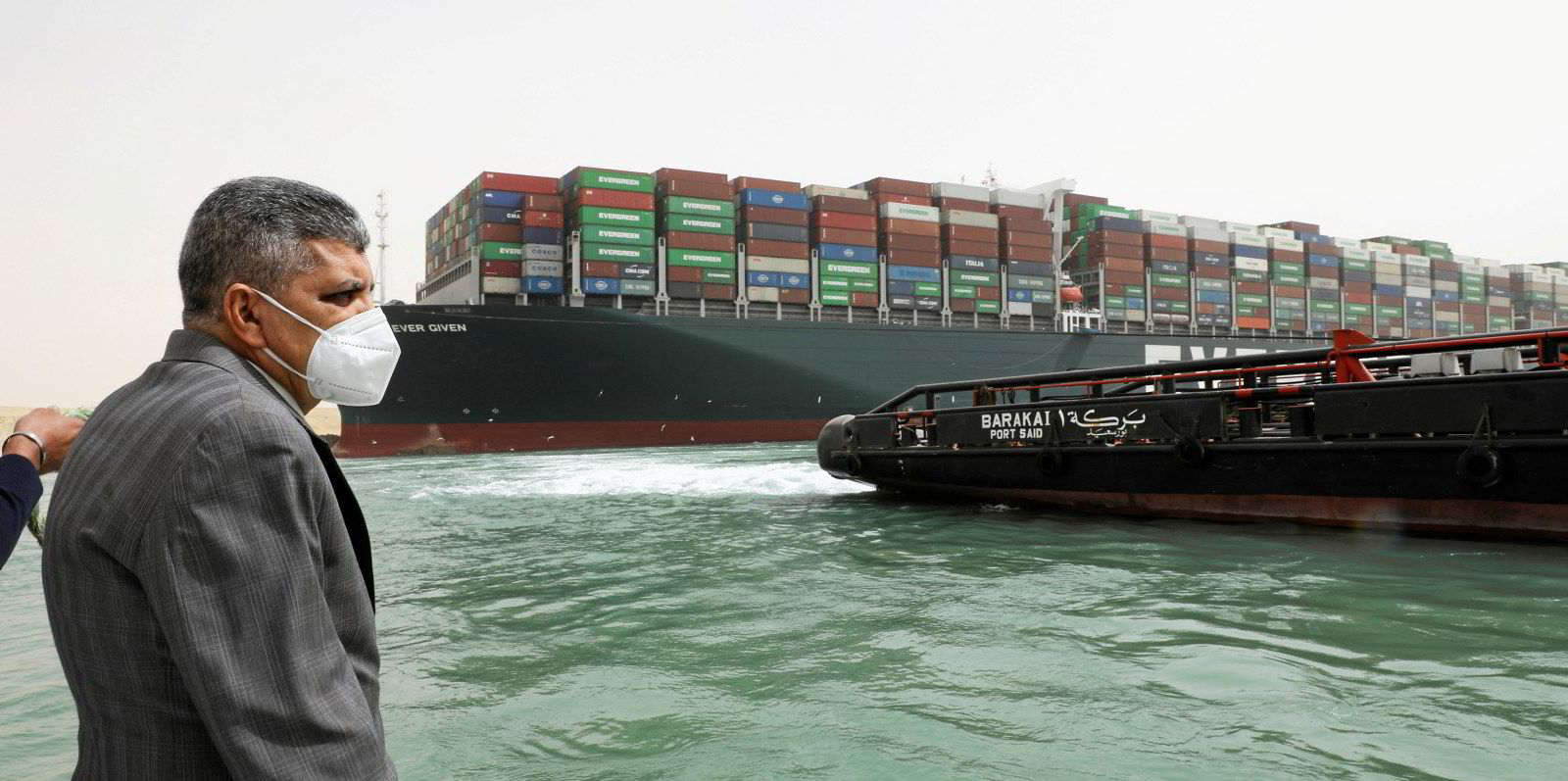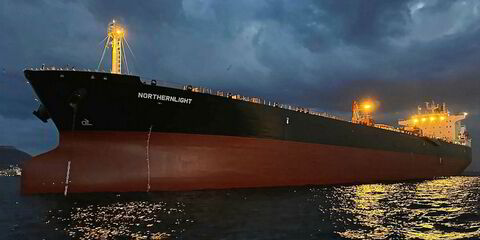The Suez Canal Authority (SCA) is increasing passage fees, boosting international transport costs on top of soaring bunker prices.
In a string of circulars scheduled to take effect on 1 March, SCA officials justified the decision citing “significant growth in global trade, the improvement of ships’ economics, the Suez Canal waterway development and the enhancement of the transit service”.
The circulars were signed on 27 February, well after the Ukraine crisis erupted.
According to Leth Agencies, the increase comes on top another 6% hike announced by the SCA in November.
According to the new schedule, bulkers, crude oil carriers and petroleum product tankers will see their fees increased by 5%.
The SCA increased tolls for LNG carriers by 7% and for LPG tankers by a tenth.
The increases apply to both laden and ballasting vessels, regardless of in which direction they cross the Canal.
Container ships and vehicle carriers will pay more, but only if they head north.
According to a table of the new tariffs provided by Leth Agencies (see below), boxships’ passage fees increase by between 7% and at least 47%, depending on how many tiers of containers they carry.
The cruise industry had been exempted from the November hike round, as the sector hardest hit by the coronavirus pandemic.
The SCA also exempted LNG carriers from the November increase because it already considerably reduced fixed, repeat-voyage rebates for such ships.
In December, the SCA moved to lower fixed rebates for container ships, bulk carriers and LPG carriers as well.
The role of the Suez Canal in facilitating world trade was recently highlighted by the six-day grounding of the 20,388-teu Ever Given (built 2018), which blocked the waterway and caused widespread delays.




